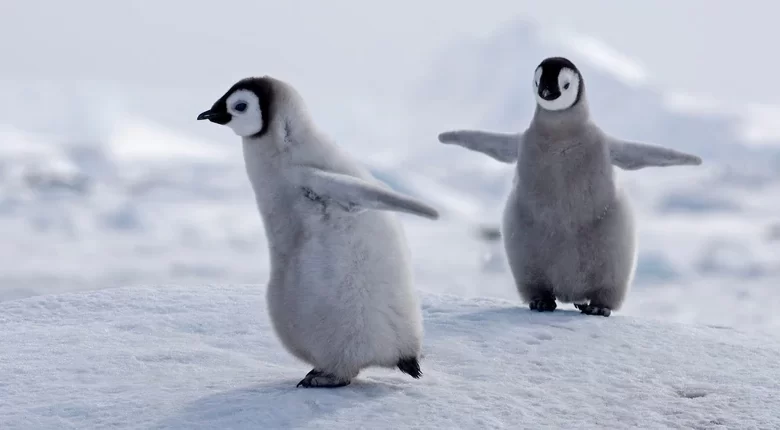The incident took place in late 2022 in a region off the Antarctic Peninsula known as the Bellingshausen Sea, according to the outlet, which cited a study that was published on Wednesday in the journal Communications Earth &, Environment. The study found that the emperor penguin chicks most likely died of hypothermia or drowning after the incident, which took place in late 2022. According to the findings of the study, the chicks were part of one of the four or five colonies that experienced a “catastrophic breeding failure” in the region toward the end of the previous year.
According to the findings of the research, Emperor Penguins cannot reproduce, hunt, or care for their young without the presence of sea ice. However, the size of their habitat is decreasing as a result of “large-scale contractions in sea ice extent,” according to the study. “The breeding cycle of Emperor penguins is dependent on the sea ice because it provides them with a solid platform on which to raise their young. “But if that ice is not as extensive as it should be or breaks up faster, these birds are in trouble,” Dr. Peter Fretwell, from the British Antarctic Survey (BAS), who helped perform the research, told the BBC. Dr. Fretwell was also involved in the research.
There is cause for optimism: we have the ability to reduce the carbon emissions that are driving global warming. But if we don’t do that, we’ll bring these lovely and iconic birds dangerously close to the edge of extinction,” he continued. The researchers have been looking at satellite photographs, and those images suggest that the colony of penguins vanished in a relatively short amount of time. A photograph that was taken on October 28 of the previous year reveals that the colony is still there on the ice bed. But just two months later, in December 2022, it seems as though the colony has disappeared, leaving behind only pieces of ice floating in the water.
The study was conducted in response to predictions made by scientists that more than 90 percent of emperor penguins will be nearly extinct by the end of this century as a result of the warming of the earth. According to the research, there has been a considerable reduction in the amount of sea ice that surrounds Antarctica during the past seven years. The satellite record goes back 45 years, thus by the end of December 2022, the area of sea ice was at its lowest point ever recorded.
News from enegxinewss
